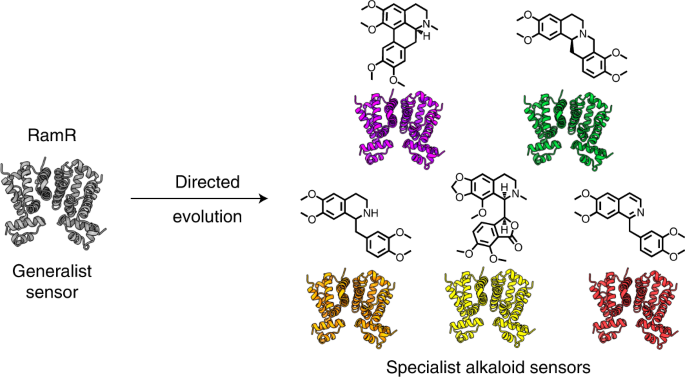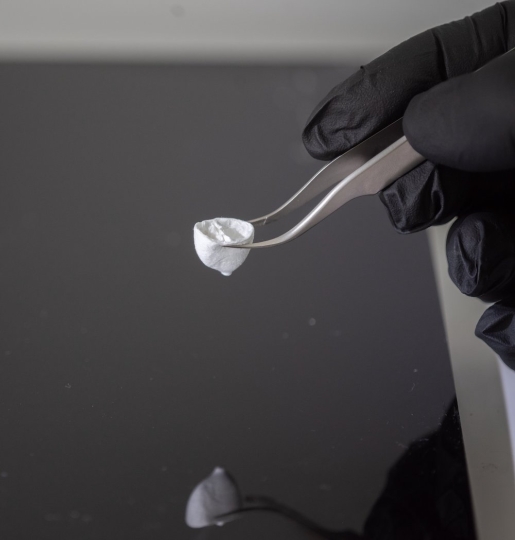2022-07-07 テキサス大学オースチン校(UT Austin)
Nature Chemical Biologyに掲載された新しい論文で、UTオースチンの研究チームは、大腸菌由来のバイオセンサーシステムを紹介し、あらゆる種類の治療用化合物を正確に、わずか数時間で検出するよう適応させることが可能であることを述べています。
研究チームは、咳止めや筋肉のけいれんの治療に使われる血管拡張剤など、一般的な医薬品数種類を対象にバイオセンサーを開発した。
<関連情報>
- https://news.utexas.edu/2022/07/07/scientists-hijack-bacteria-to-ease-drug-manufacturing/
- https://www.nature.com/articles/s41589-022-01072-w
菌類バイオセンサーを用いた改良型アルカロイド生合成の進化 Using fungible biosensors to evolve improved alkaloid biosyntheses
Simon d’Oelsnitz,Wantae Kim,Nathaniel T. Burkholder,Kamyab Javanmardi,Ross Thyer,Yan Zhang,Hal S. Alper & Andrew D. Ellington
Nature Chemical Biology Published:07 July 2022
DOI:https://doi.org/10.1038/s41589-022-01072-w

Abstract
A key bottleneck in the microbial production of therapeutic plant metabolites is identifying enzymes that can improve yield. The facile identification of genetically encoded biosensors can overcome this limitation and become part of a general method for engineering scaled production. We have developed a combined screening and selection approach that quickly refines the affinities and specificities of generalist transcription factors; using RamR as a starting point, we evolve highly specific (>100-fold preference) and sensitive (half-maximum effective concentration (EC50) < 30 μM) biosensors for the alkaloids tetrahydropapaverine, papaverine, glaucine, rotundine and noscapine. High-resolution structures reveal multiple evolutionary avenues for the malleable effector-binding site and the creation of new pockets for different chemical moieties. These sensors further enabled the evolution of a streamlined pathway for tetrahydropapaverine, a precursor to four modern pharmaceuticals, collapsing multiple methylation steps into a single evolved enzyme. Our methods for evolving biosensors enable the rapid engineering of pathways for therapeutic alkaloids.

